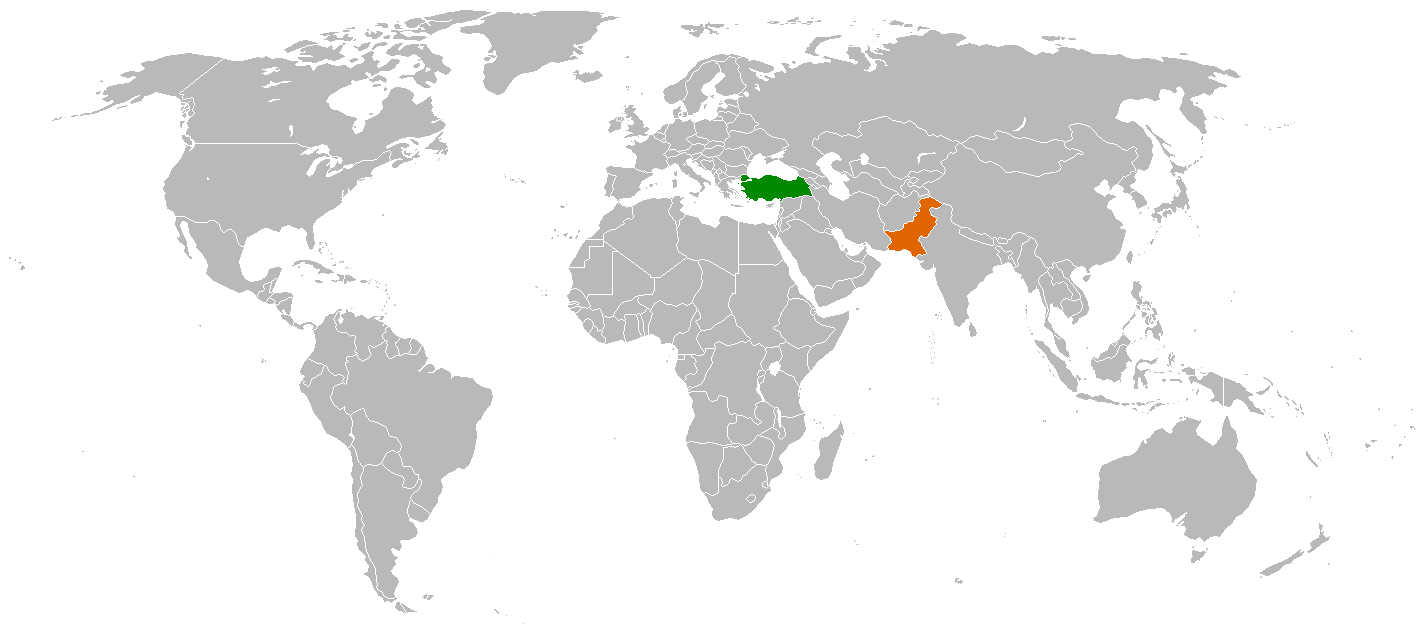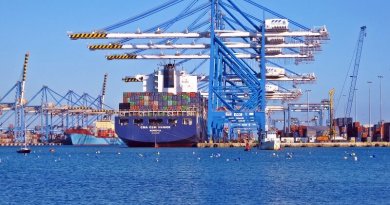Turkey and Pakistan start security talks in Istanbul
On Tuesday, Turkey and Pakistan began security talks in Istanbul, bringing together researchers and practitioners from both nations to address regional concerns, policy, and economic cooperation.
In what was touted as the first Turkey-Pakistan security conversation, participants focused on how the regional stability architecture shaped the two nations’ foreign policy, according to University of Lahore professor Rabia Akhtar.
“This is the first such chance to hear personally from experts from both nations, to express our perspectives openly, which was intellectually a very, very stimulating exercise,” said Akhtar, head of the university’s Center for Security, Strategy, and Policy Research.
According to Pakistani journalist Ejaz Haider, it is critical for Turkey and Pakistan to establish a strategic discussion “since there are a lot of challenges that Pakistan and Turkey share.”
“For example, take Syria, and you can draw parallels with what Pakistan has gone through in Afghanistan,” he stated, adding that Turkey and Pakistan’s connections with the USA were also a concern.
“It is critical to listen to Turkish researchers and discuss our discoveries as they relate to Pakistan’s regional security challenges,” he added.
According to Akhtar, the interaction between Pakistani and Turkish researchers and practitioners would continue with other institutions in Istanbul till Friday.
Since early 2000, Turkey has followed a “far more comprehensive foreign policy,” according to Hzr Tark Ouzlu, a political science professor at Istanbul Aydn University.
He claimed that Turkey gained “strategic autonomy” by expanding ties with Russia, but Turkey never said “goodbye” to the West. Ouzlu emphasised that Turkey is a NATO member, is attempting to join the European Union, and conducts more than half of its commerce with the European Union.
He defined Turkey as a “second-generation middle-power country, unlike old middle powers.”
“Now, under the Western-led international liberal order, non-Western nations’ sensitivities are being taken into account more regularly,” he remarked.
According to Zafar Nawaz Jaspal, a professor of politics and international affairs at Pakistan’s Quaid-i-Azam University, the South Asian area “did not relish the conclusion of the Cold War… We stayed under that tension.”
He distinguished four phases of confinement: the United States’ “Pivot Asia” policy to limit China; the Quad, which Beijing refers to as the Asian version of NATO; Russia’s containment, which hit back in 2008, 2014, and now in 2022; and Qatar’s containment in 2017.
“India attempted to confine and restrict Pakistan, but failed,” he added, adding that the area is seeing an “arms race.”
Aside from the strategic rivalry between India and Pakistan, he noted positive trends in geographic connectivity initiatives such as the Economic Cooperation Institution, the Shanghai Cooperation Institution, China’s Belt and Road Initiative, and its premier programme, the China-Pakistan Economic Corridor.
On whether Turkey and Pakistan may collaborate in nuclear technology, the Pakistani researcher stated that Ankara cannot since “it is a signatory to the Non-Proliferation Treaty and can profit from the Nuclear Suppliers Groups.”
Pakistan, according to Ejaz Haider, a Pakistani analyst and journalist, “needs political stabilization and economic prosperity” to cope with both conventional and non-traditional security challenges.
Professor Ahmet Kasm Han of Aydn University emphasised the need for “logistics” in strengthening Turkey-Pakistan ties.
Farhan Siddiqui, a Quaid-i-Azam University scholar, identified commerce, refugee concerns, ethnic disputes, social and national cohesiveness, and national security as shared issues between the two nations, in addition to “democracy and democratisation and building connections with the rest of the globe.”




